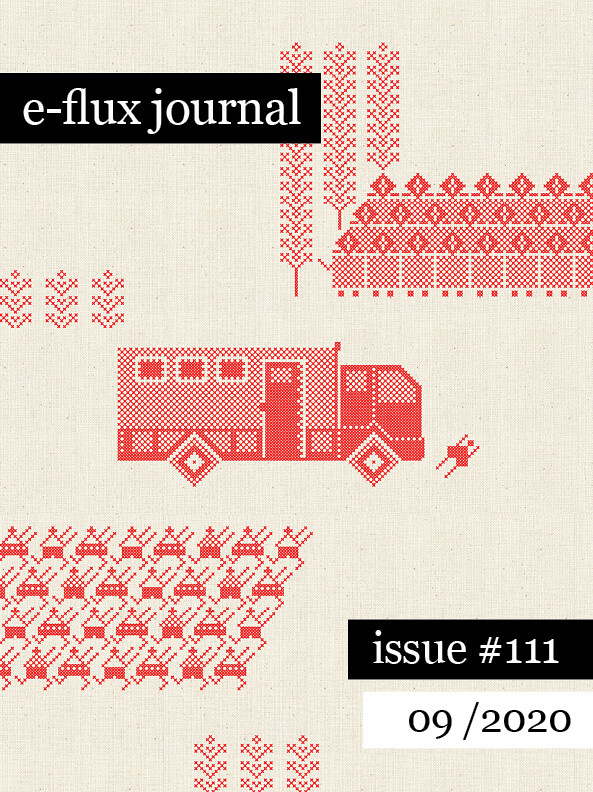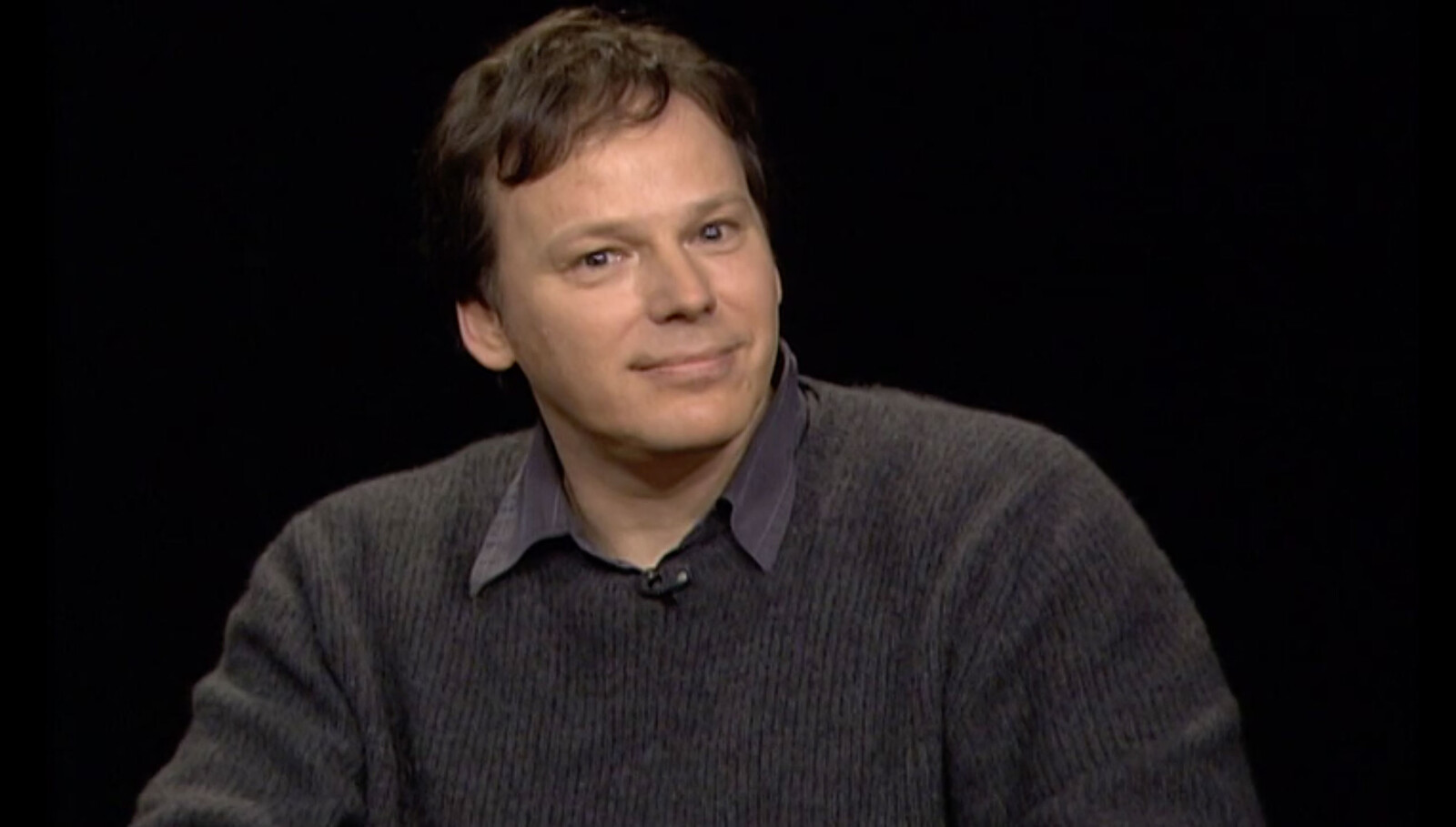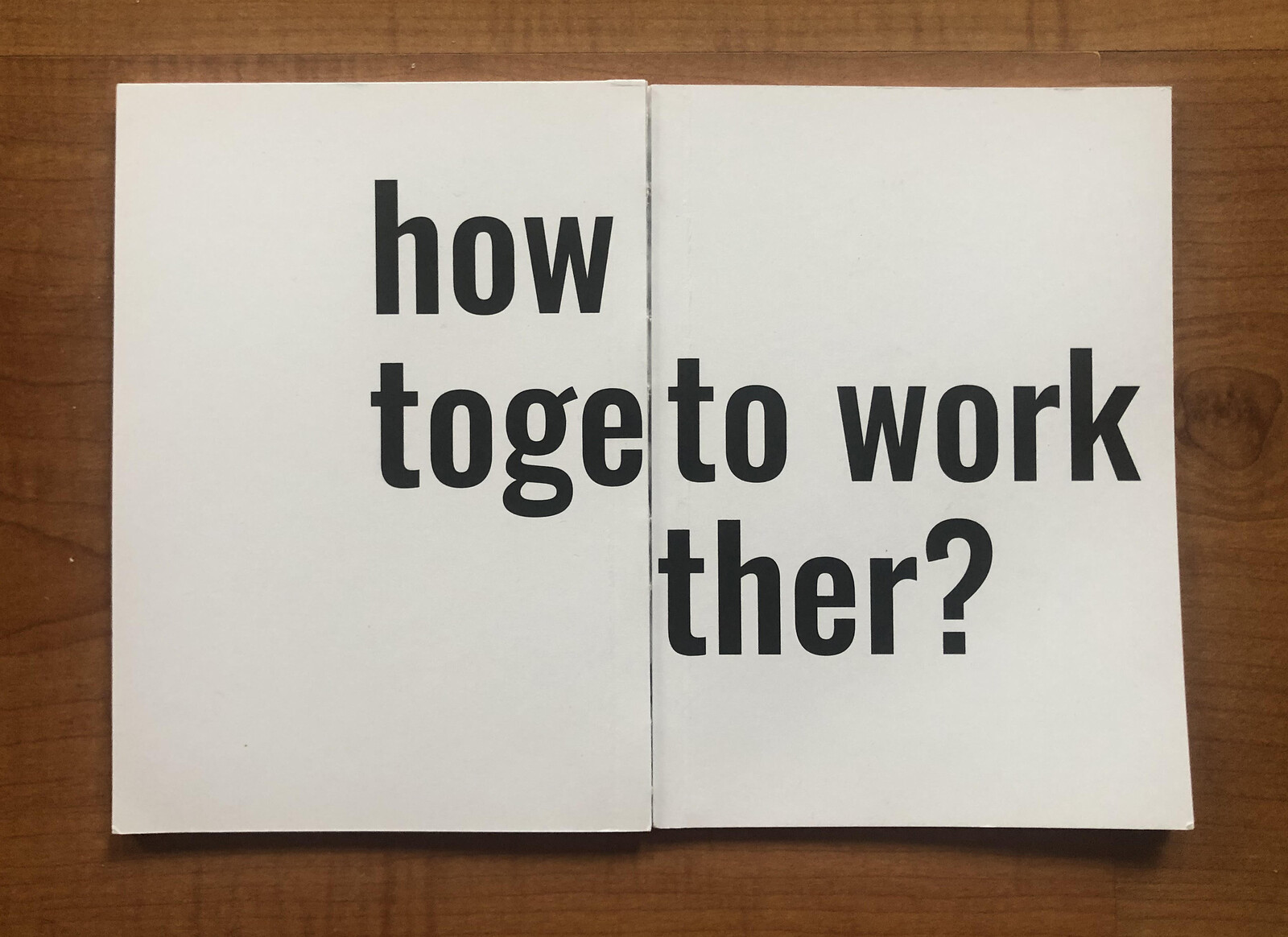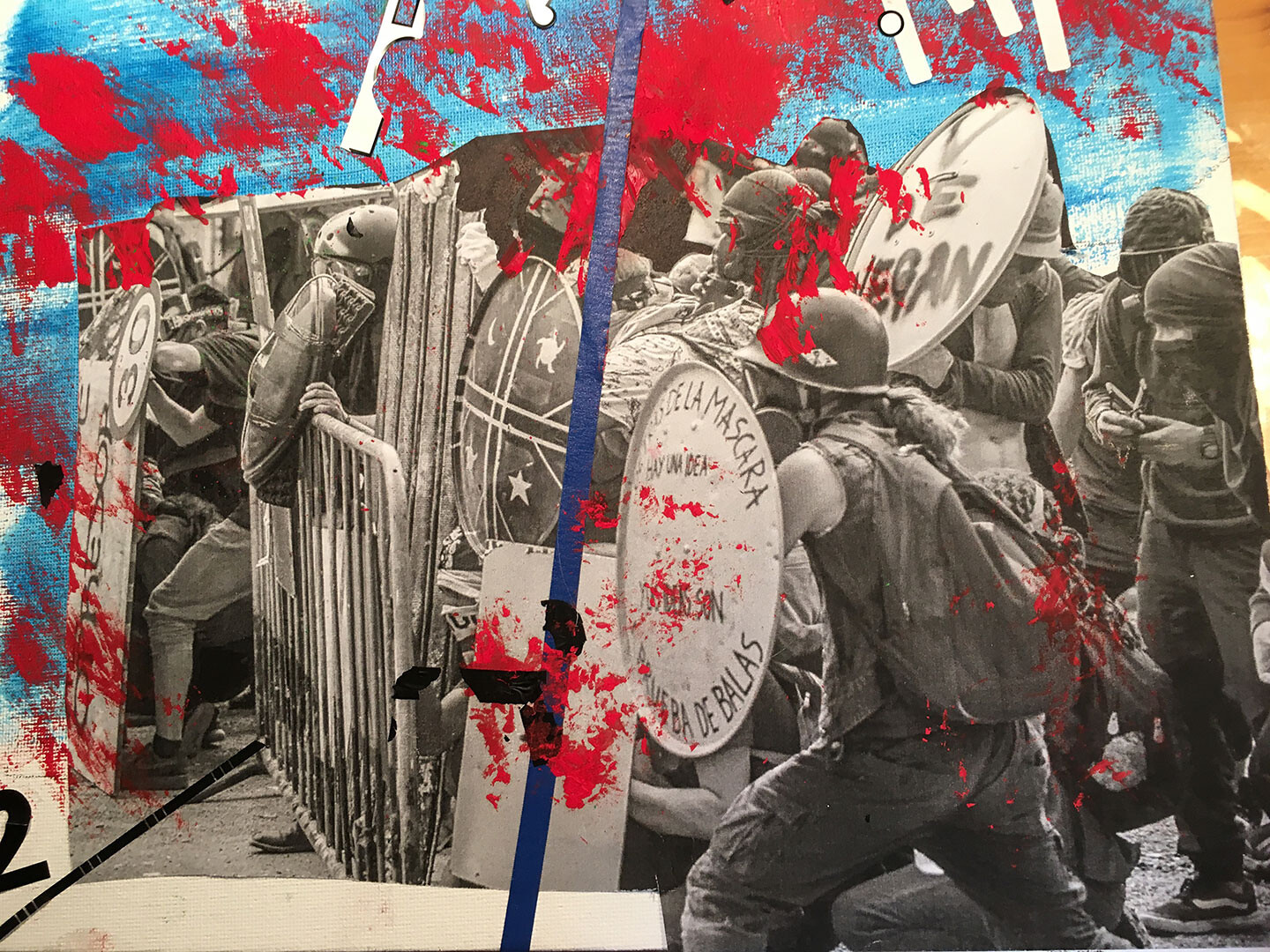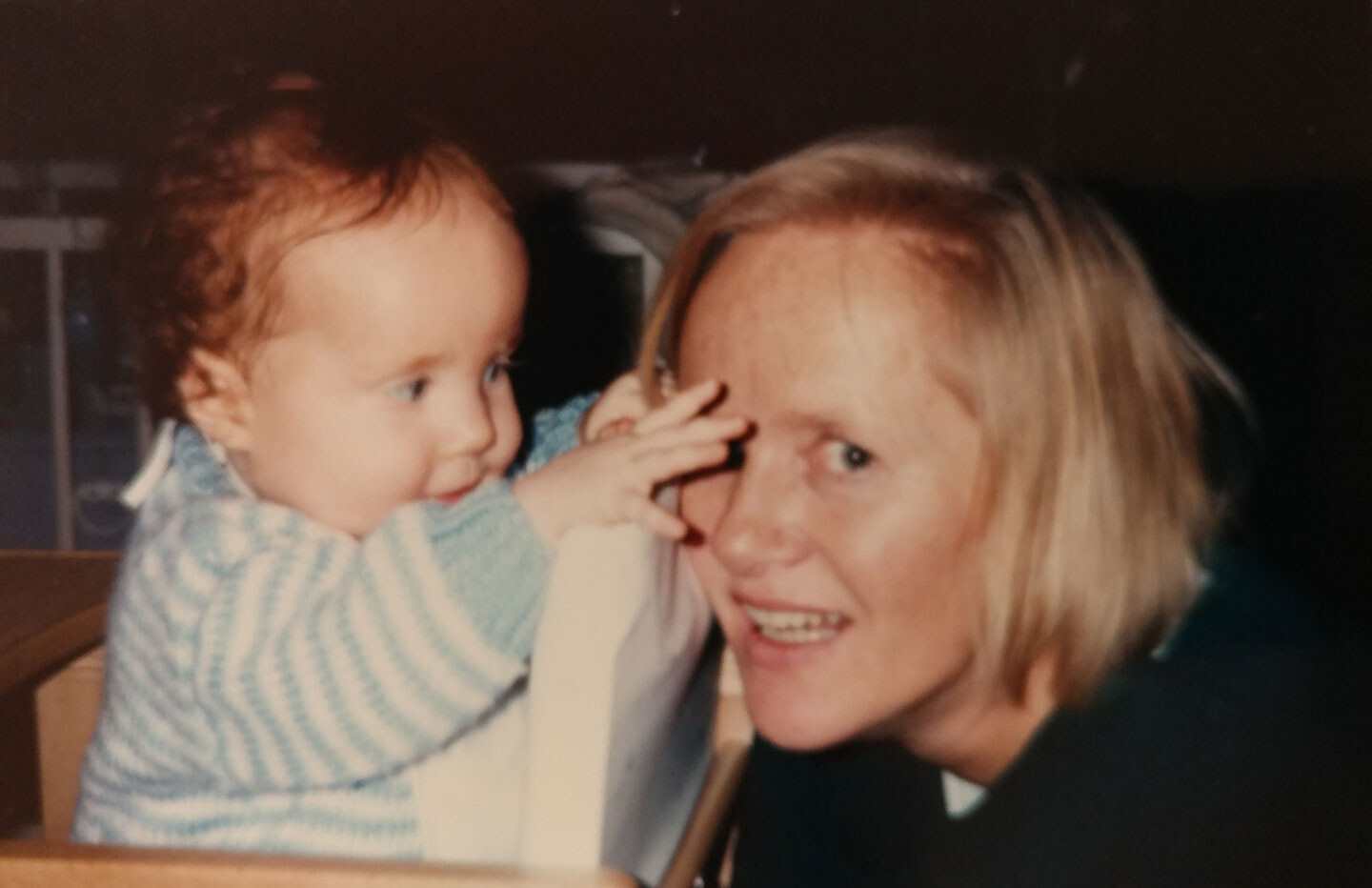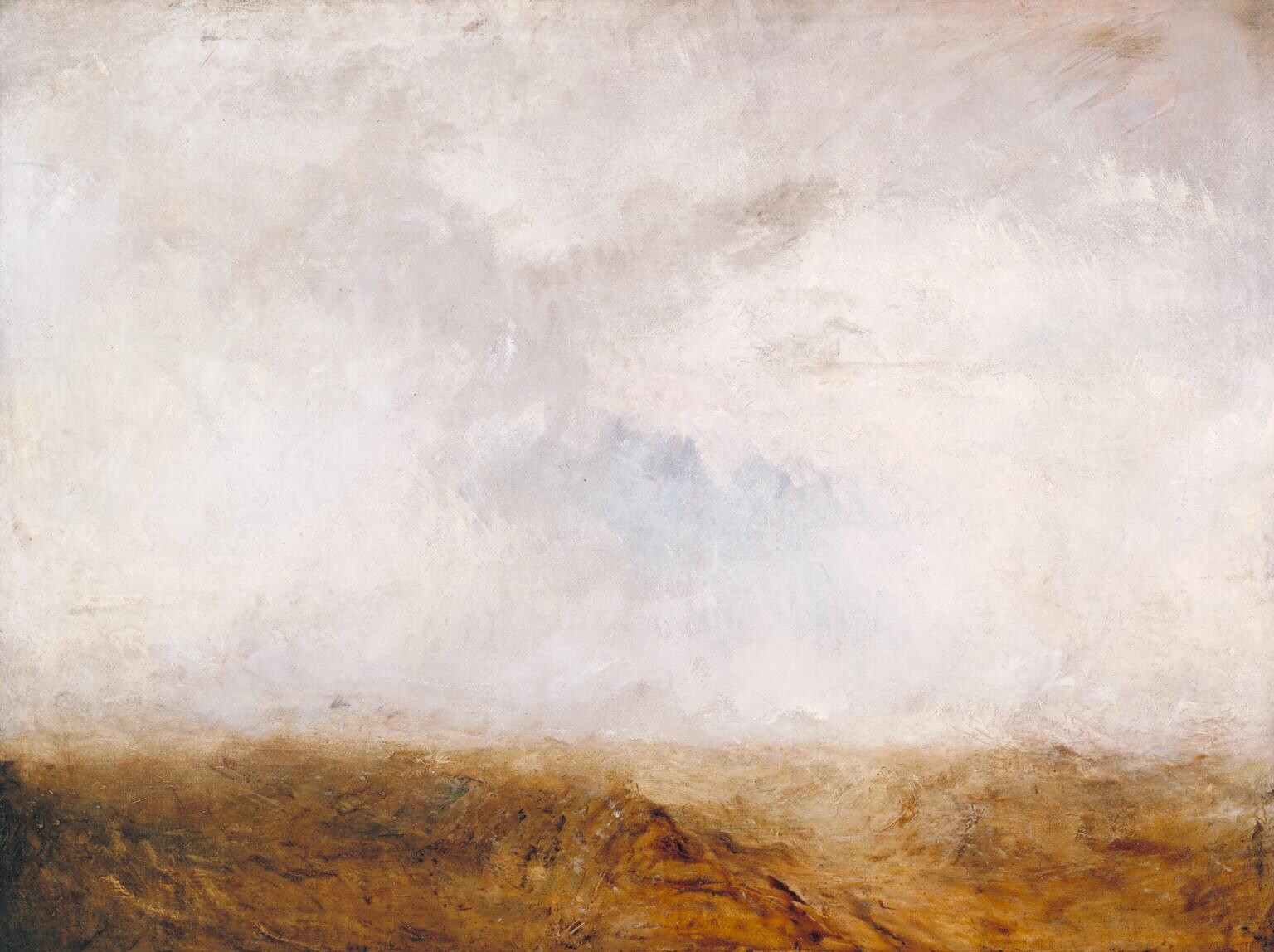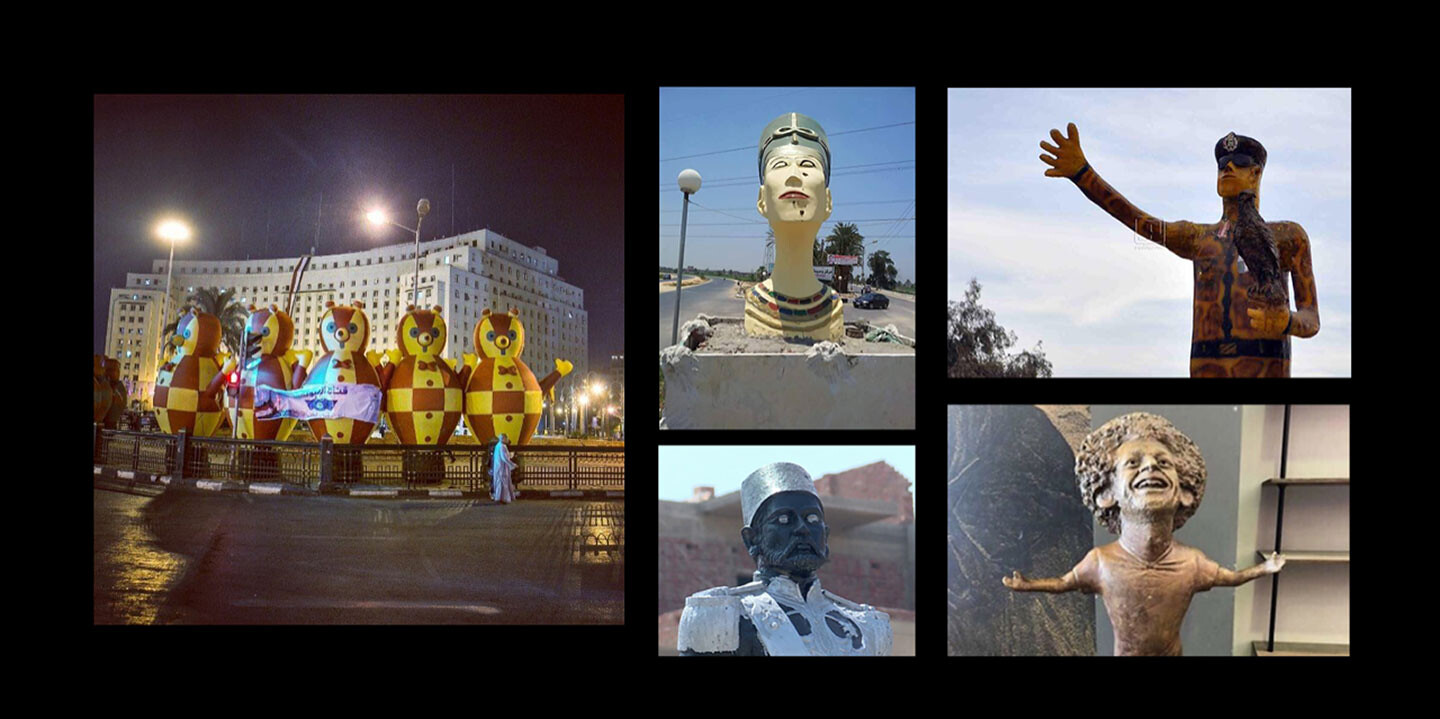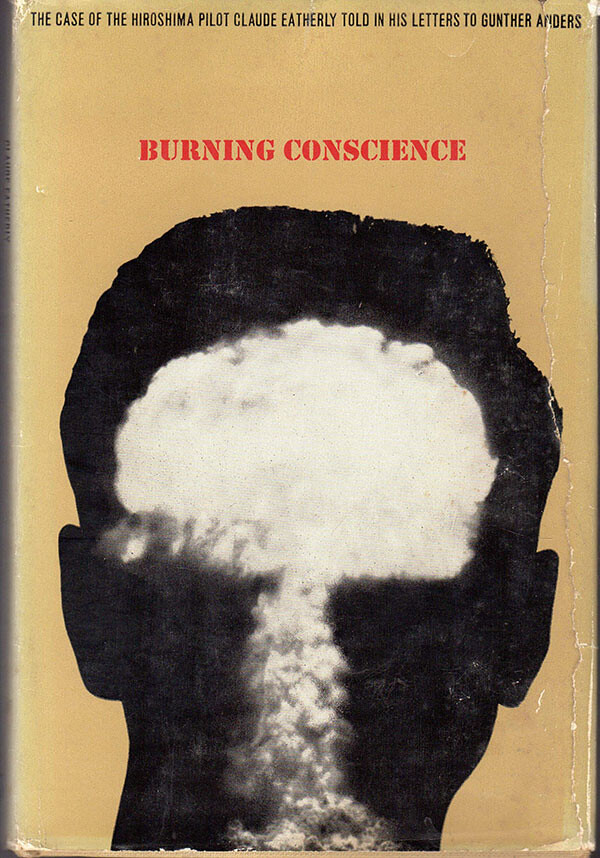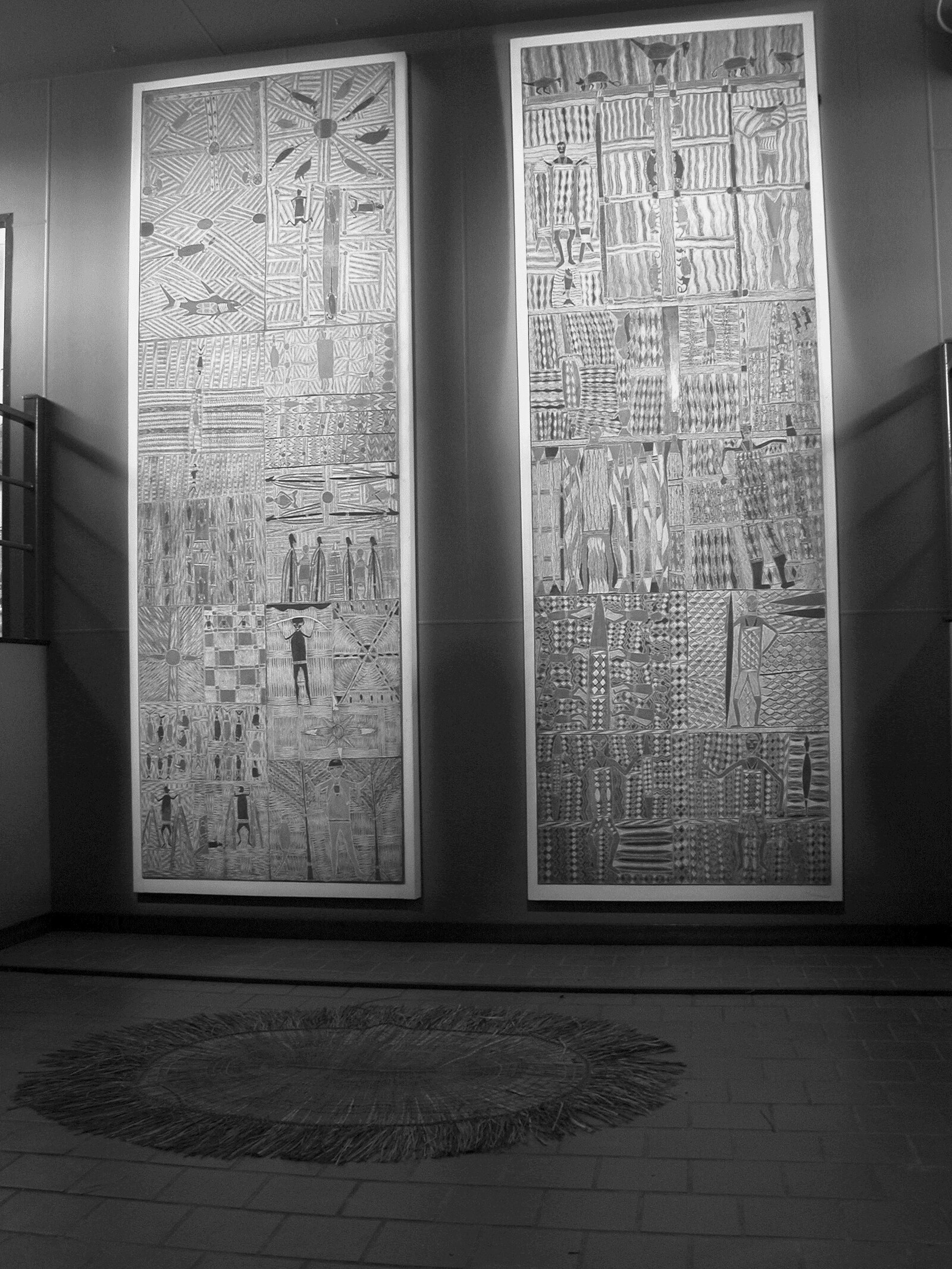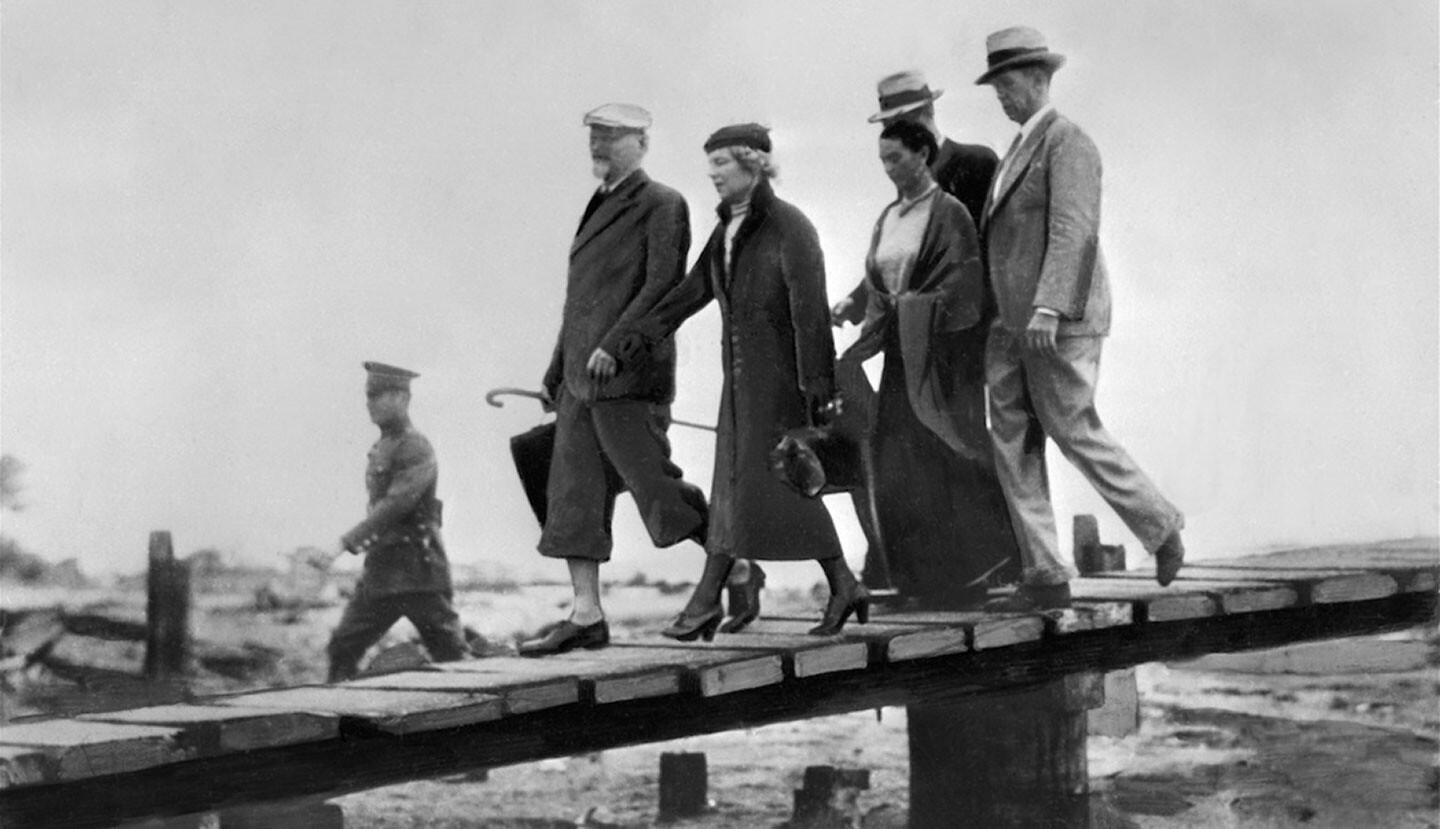The untimely dead leave behind them a gift, one that the living may not want. That gift is the perception of the shape of the space that we have imposed on the departed, above and beyond the space that they actively chose for themselves. Did we not ask too much of David Graeber? Perhaps so, and there will be time to consider and to mourn. Before that time comes, each of us that found energy in all that David did and thought, from his direct actions to his exposure of debt and the identification of bullshit jobs, will have to look at that space and decide, individually and collectively, how it is to be filled.
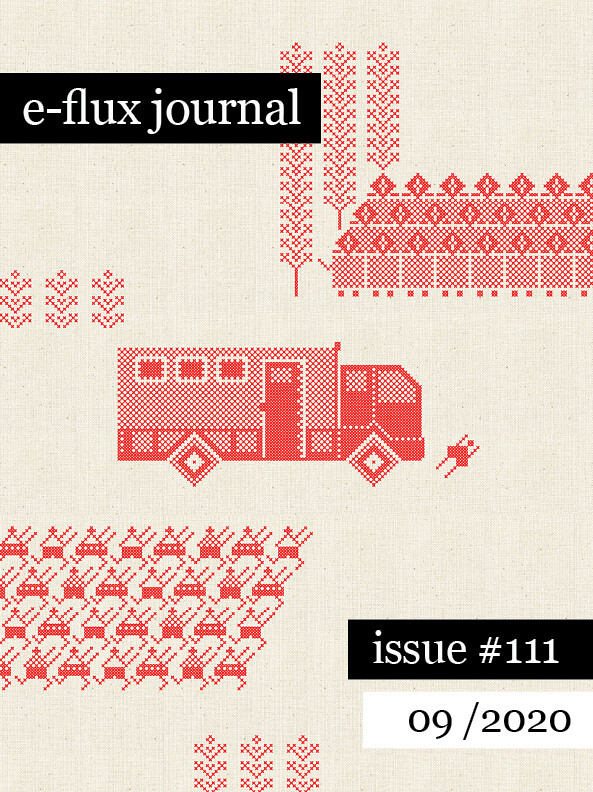
Rufina Bazlova, A Man Is Hit by a Paddy Wagon on August 9. Nothing Is Known of his Condition, from the series “The History of Belorussian ‘Vyzhyvanka,’” 2020. Digital collage. Courtesy of the artist.
Who remembers the title of last year’s Venice Biennale? One long year and change later, it seems that nobody’s worst enemy could have made a threat, a promise, or a curse that we may live in times quite as … “interesting” as the ones we find ourselves in now. Arguably, anyone paying even the most distant attention to 2019—or to history and the evolving present in general—could have foreseen what we were heading towards. It’s hard to imagine, though, that someone could have envisioned just how deadly fascinating these times would turn out to be.
Contemporary art is not the production of the institution, but is rather the institution itself. The relationship between the structure of production and the product is very entangled. They both function on the same economic basis: proposal writing. It is a framework of thinking and an act of language that is always happening in the future tense: “The project aims to …,” “The work will …,” etc. Writing the proposal becomes part of the artwork itself. The person who knows how to explain the proposed piece, mainly in English, will be more likely to get grants. This process relies on the artist’s embeddedness in spaces that hold cultural capital, and not only on the artist’s or the work’s merit. The claim of equality in open calls for funded projects is contested.
Thanks to his ignorance and moral abjection, Donald Trump represents the true soul of America, the unmovable soul of a population formed by a never-ending sequence of exploitation, oppression, bullying, invasions, and abominable crimes. Nothing but this. There isn’t an alternative America, as many thought in the 1960s and ’70s. There are millions of women and men, mostly nonwhite, who have suffered from American violence, and especially at a certain point in the ’60s and ’70s, fought to reform America to become more human. They failed, because there is no way to reform a nation of bigots and killers.
You or I, in other words, singly or as a collective, might at some point or another be called to doula the inaugural emergence, or terminal shutdown, of someone’s body. You never know when an extra hand might be required on the occasion of someone’s expulsion of a fetus (dead or living) from their uterus. You never know when your simple watchful presence might be called for because someone is dying and because, without you there, they would be utterly alone. As Madeline Lane-McKinley says, “if we must mother our friends, let us all be mothered.”
Colonial history is a history of property accounted for in world-scale financial systems and imperialism. Creolization strikes against imperialism via the internal protocols of the Creole community and via counter-ordering the French language. Thus, if a diasporic community is not legitimized through colonial property, what alternatives foster legitimacy? In Glissant’s Poetics of Relation, legitimacy is understood through filiation. While this term signals blood lineages and ancestry, Glissant is careful to precisely name filiation as the basis for colonial history.
The mocking of official structures and roles is surely not new, but the subject position from which it emerges is. For many years, it has been the traditional role of satirists, artists, dissidents, and cultural and social commentators to undertake such comic caricatures, with the aim of shaking belief in the stability of historically significant figures, narratives, and gestures, but rarely, in recent memory, have such caricatures been performed from the subject position of the very institutions they were meant to deconstruct. For now the monument and its parody, the president and the comedian making fun of what a president is, are one and the same. So what happens when the parody is not performed from the margins attacking the center, but is identical with the original, or more precisely is the original?
It is now accepted that we are moving towards a new phase of world war: war by algorithm; and specifically the development of Lethal Autonomous Weapons Systems (LAWS)—systems that are, essentially, outside human control. In November 2019, US Defense Department Joint AI Center director Lieutenant General Jack Shanahan (in conversation with Google CEO Eric Schmidt) spoke frankly about a future of algorithmic warfare: “We are going to be shocked by the speed, the chaos, the bloodiness, and the friction of a future fight in which it will be playing out, maybe in microseconds at times. How do we envision that fight happening? It has to be algorithm against algorithm.” If the very idea of humanity rests, at least in part, on an ability to imagine the other’s suffering, then what is being signposted here is a movement towards humanity’s final negation.
In the later months of 1962 and the early months of 1963, elders of Yolŋu clans from the area known by the balanda (“white people”) as the Gove Peninsula in North East Arnhem Land came together to paint what became known as the Yirrkala Church Panels. Today, the panels and the stories that they show are revered more than ever. As a collective statement, they continue to resonate on multiple levels, from the local community outwards through several registers to, I suggest, a worldly scale. The entirely collective process through which they were produced models a collaborative form of indigenous and non-indigenous participation in the processes of reparation and reconciliation so essential to Australia’s national polity. Historical accuracy, moral accountability, restorative justice, and social unity were at stake, as they remain.
